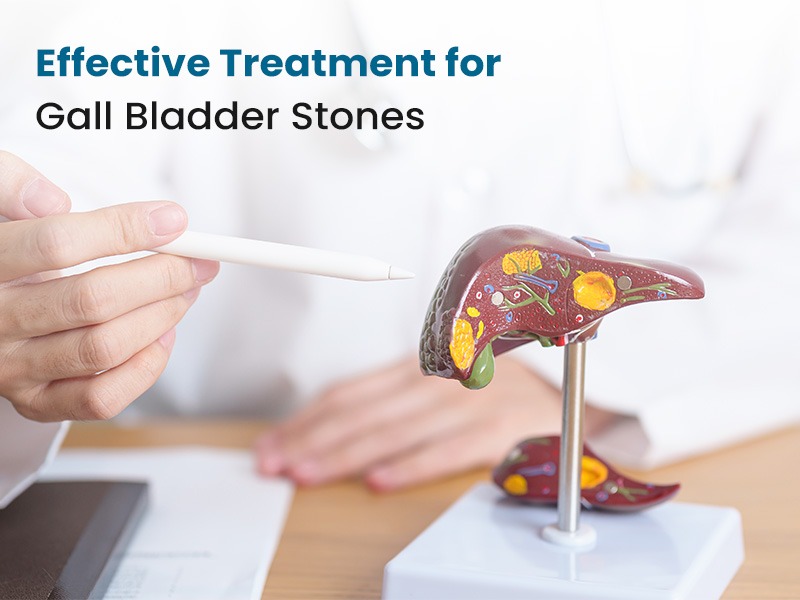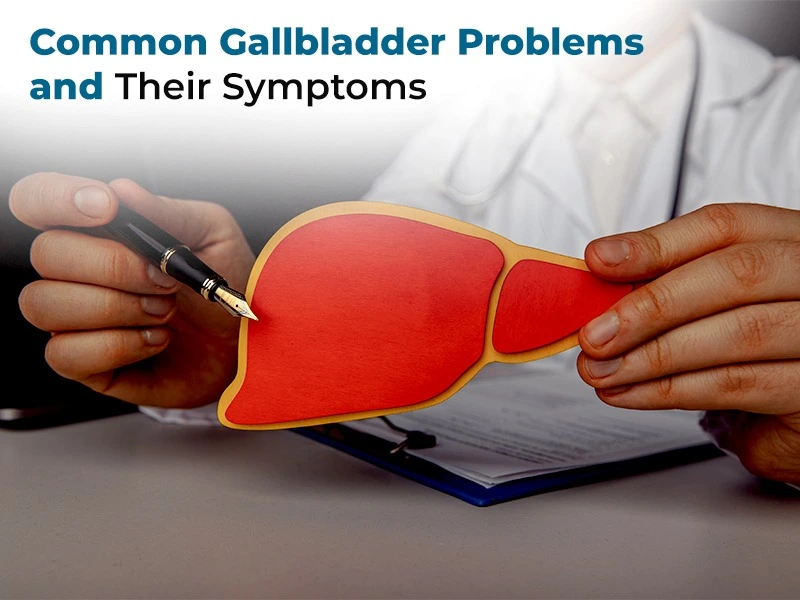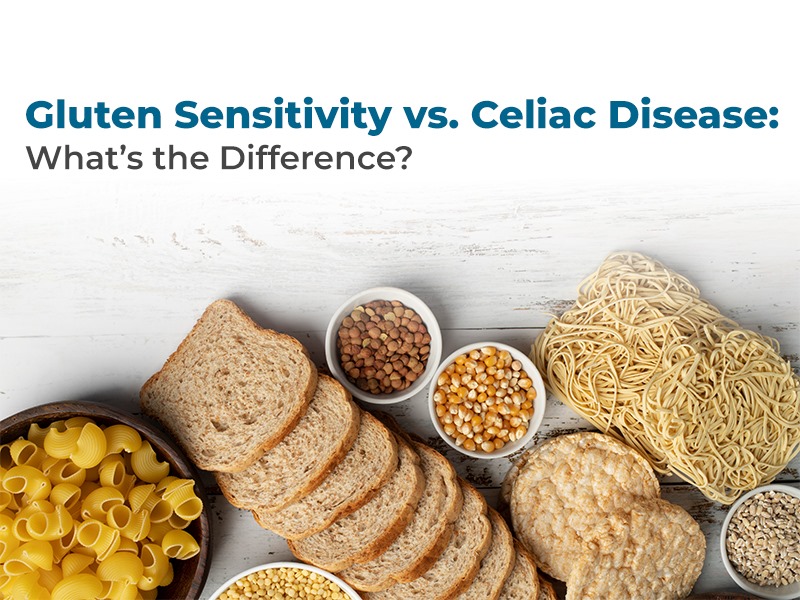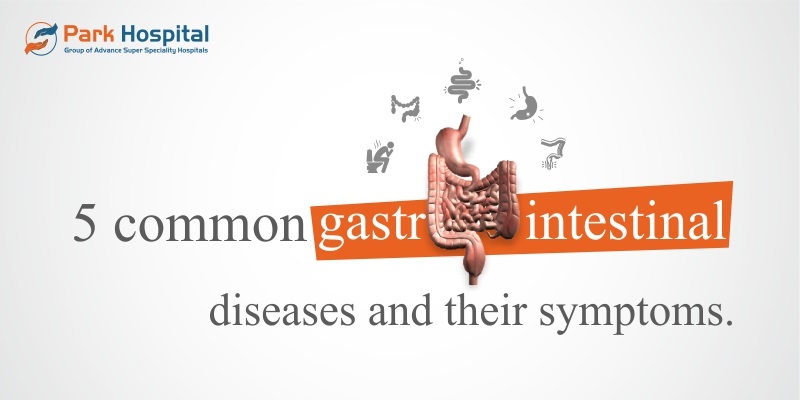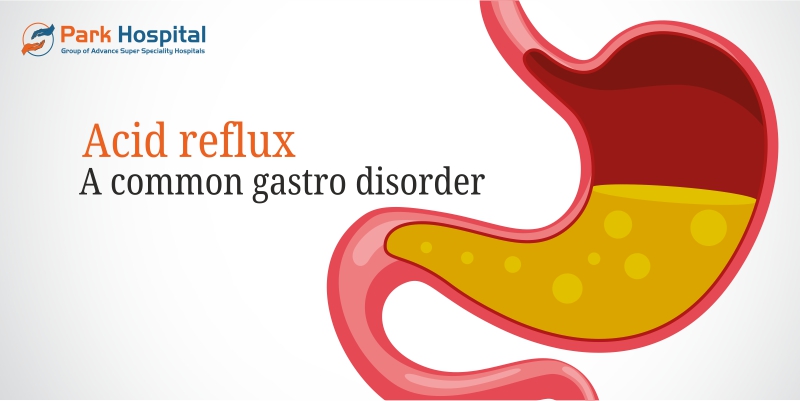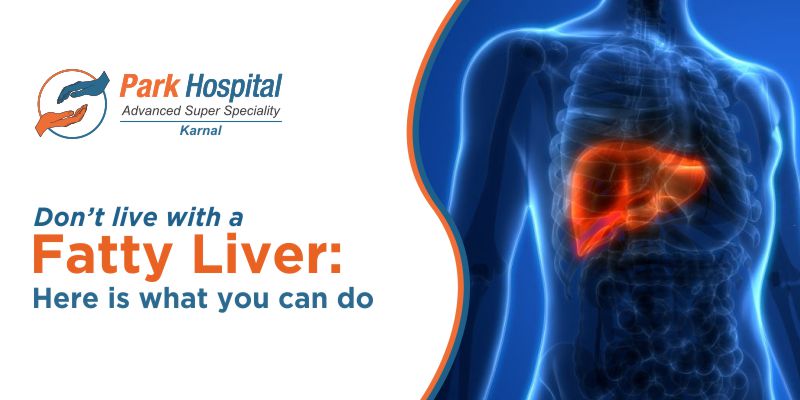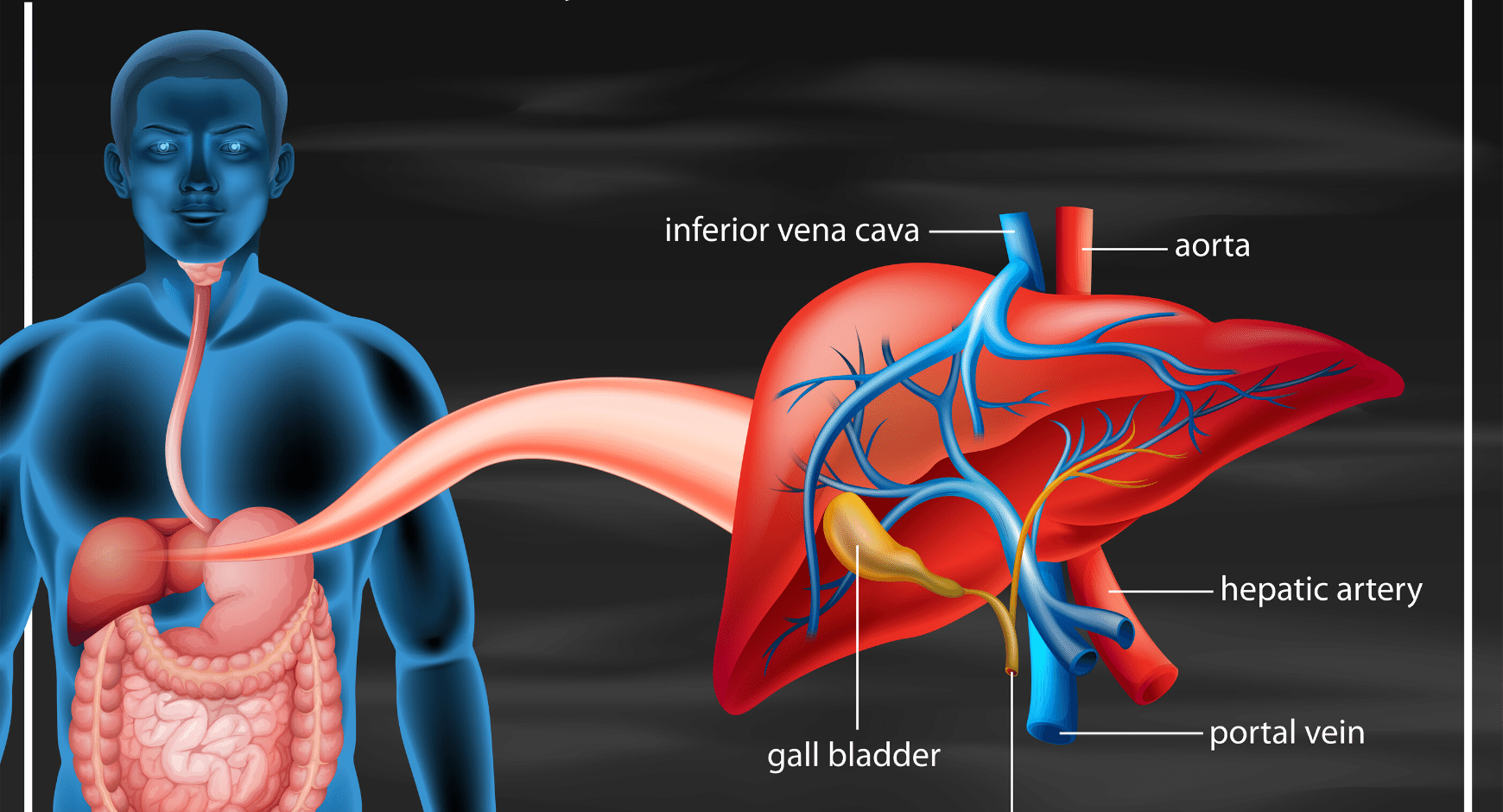Imagine this: You had a late-night meal and only a few hours of sleep, and then you wake up feeling lazy, bloated, and suffering from indigestion. It’s a thing that most of us have experienced. But what if I told you that it’s not just what you eat but also how you sleep which affects your digestion?
The duration and quality of your sleep have more effects on your body than you may comprehend. Medical professionals at Gastroenterology Hospital have found that inadequate or poor-quality sleep can significantly impact your digestive health.
Let's understand how sleep impacts your digestion and what happens when you don't get enough of it.
Connection Between Sleep and Digestion
Your digestive system is the one that breaks down the food you take, absorbs nutrients from it, and then helps eliminate waste from your body. This process is linked to your circadian rhythm- the body's internal clock, which controls your sleep and wake cycles. This rhythm applies to digestive organs like the stomach and intestines, too, and therefore, they work best when your body is well-rested. Consequently, when your circadian rhythm is out of sync due to sleep that is either insufficient or just poor in quality, it can cause digestive disorders and direct you toward a Gastro care hospital.
Sleep heals and rebuilds the body, including the GI tract. While in deep stages of sleep, many other systems of the body decrease their performance, dedicating energy resources to healing and renewal. Downtime granted to the stomach and intestines allows them to rest and rejuvenate for the next day of digestive and absorptive activity.
Hormonal Imbalances and Digestive Disruption
The experts at a gastro care hospital state that probably the most significant way that sleep affects digestion is through effects on hormones. Two hormonal hunger and satiety regulators are ghrelin and leptin, both of which are altered with sleep. Ghrelin stimulates appetite, while leptin lets your brain know that you are satisfied. The composite effect is more ghrelin and less leptin over time, so you want to overeat and eat calorie-dense, fatty foods.
Not only do these hormonal changes play tricks on your appetite, but they also put more burdens on your digestive system, which cannot digest large, heavy meals. Overeating puts a lot of strain on your stomach, leaving one vulnerable to indigestion and bloating, even discomfort.
Late-night snacking is also one of those pleasures one often digs into because he or she stays up late; unfortunately, this can be disastrous for digestion and can even lead to a Constipation treatment hospital since your digestive system slows down at night.
Sleep Deprivation and Acid Reflux
An interesting association is between gastroesophageal reflux disease, where stomach acids flow back into the oesophagus to cause heartburn. Poor sleep exacerbates GERD symptoms, and conversely, GERD contributes to difficulty in sleeping well, thus creating a cycle of poor sleep.
During sleep, gravity helps suppress acid in the stomach from reaching the esophagus. However, lying down late in the day or getting to bed soon after eating allows acid to flow back into the esophagus, causing heartburn. Most studies argue that GERD patients are likely to suffer from further sleep disturbances due to the aches resulting from acid reflux.
However, to prevent acid reflux during sleep, one needs to take smaller meals and also avoid food when bedtime is approaching. There is also the effect of the sleeping head elevation that prevents the stomach acid from flowing back to the esophagus by stopping it from occurring. These all help one break the cycle of poor sleep and gastrointestinal disorders.
The Role of the Gut Microbiome
You have trillions of bacteria that live in your intestines- your gut microbiome. They are crucial to your digestion, overall health, and so much more. But increasingly emerging research has pointed to a bi-directional link between sleep and the gut microbiome; poor sleep can disrupt the balance of those bacteria, resulting in what's known as gut dysbiosis, which may then lead to bloating, constipation, diarrhea, and all sorts of other symptoms. This disorder also triggers the production of stress hormones, including cortisol, which further inflames the digestive tract, thus leading to irritable bowel syndrome and several other disorders.
Conclusion
Understanding the link between sleep and digestive health underscores the importance of holistic wellness approaches. Just as quality sleep supports your digestive system, comprehensive care at facilities like Park Hospital, a specialized Gastroenterology hospital, ensures that your overall health is optimized through a range of services, from gastroenterology consultations to lifestyle counseling. By prioritizing both good sleep habits and expert medical care, you can achieve a balanced and healthy life. If you're experiencing digestive issues or sleep disturbances, don't hesitate to consult with healthcare professionals at Park Hospital to address these concerns and enhance your well-being.






